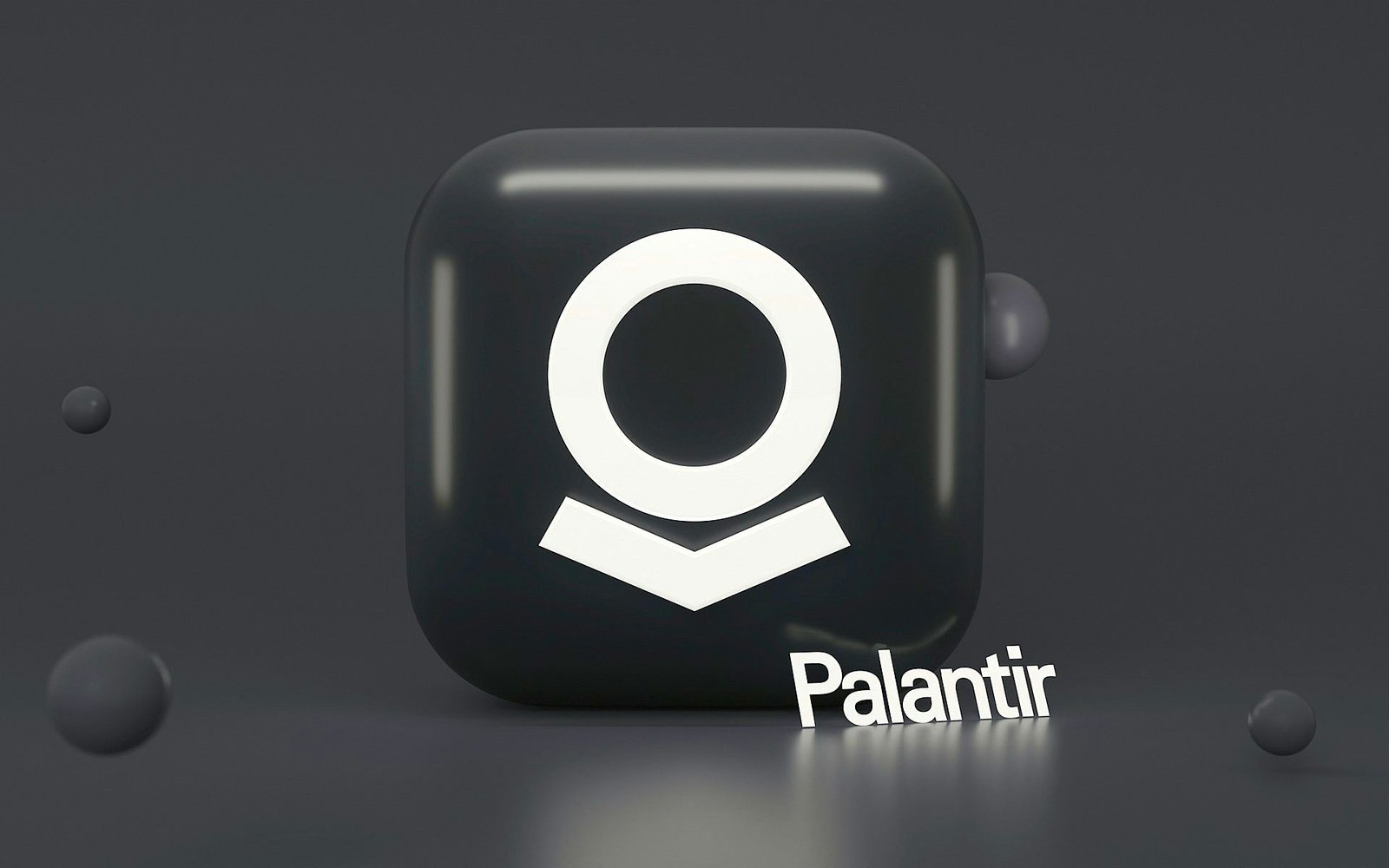AI-Generated Image. Tech Titan Elon Musk Suing India by Tech Is The Culture
A Free Speech Circus Or Business Gambit?
Elon Musk, the man who colonizes headlines faster than Mars, is now picking a fight with the world’s largest democracy. In one corner: India’s government, armed with a censorship portal called Sahyog (Hindi for “cooperation,” because irony is dead). In the other: X, the platform formerly known as Twitter, which recently, with Elon Musk at the helm, is suing India over what it calls “unrestrained censorship.” But here’s the kicker: Musk is simultaneously courting Prime Minister Narendra Modi to launch Tesla and Starlink in India. So, is this lawsuit a principled stand for free speech or a strategic flex to sweeten his business deals? Let’s untangle this geopolitical soap opera.
The Sahyog Drama (“Cooperation” Means Censorship)
At the heart of the drama is India’s Sahyog portal, launched in 2024 by the Ministry of Home Affairs. Designed to automate content removal requests, Sahyog allows “countless” government officials, from federal ministries to local police, to issue takedown orders without judicial oversight. X argues this bypasses India’s IT Act safeguards, which require written justifications and hearings before blocking content.
The Indian government, of course, insists Sahyog is a “necessity” to combat “unlawful content.” But critics like Apar Gupta of the Internet Freedom Foundation call it a “parallel censorship system” that’s led to a “wholesale increase in censorship.” Case in point: In February 2025, the Railway Ministry ordered X to remove hundreds of posts about a deadly stampede at Delhi’s Kumbh Mela pilgrimage, a move X claims lacked due process.
Meanwhile, other U.S. tech giants like Google and Meta have quietly complied with Sahyog. But Musk, ever the rebel, refuses to join what he labels a “censorship portal.” Cue the lawsuit.
Musk vs. Modi Is Filled With A History Of Spats & Sweet-Talk
This isn’t Musk’s first rodeo with India’s content cops. In 2021, Delhi police raided Twitter’s offices after the platform labeled a ruling-party tweet as “manipulated media.” In 2022, X lost a court battle over blocking farmer protest content and was fined 5 million rupees ($58,000). Under Musk, X appealed the decision, which is still pending.
But here’s where it gets spicy: While X aka Elon Musk, is suing India, Musk is also schmoozing Modi. During a February 2025 meeting in Washington, Musk gifted Modi a Tesla Cybertruck model and introduced him to his kids. They discussed collaborations in AI, space, and sustainability, all while Tesla scouts showrooms in Delhi and Starlink inks deals with Indian telecom giants.
“Musk operates with ‘ample leverage’ in India,” says Michael Kugelman of the Wilson Center, citing his ties to Trump and investment clout. Translation: He can sue the government and sell them satellites without breaking a sweat.
Is Elon Musk Suing India Fore Freedom Of Speach Or As A Calculated Business Move?
Musk’s self-proclaimed “free speech absolutism” rings hollow to some. X has stopped publishing transparency reports on government takedown requests since Musk took over. Meanwhile, his chatbot Grok, trained on public data, recently called Modi’s interviews “scripted” and praised his political rival Rahul Gandhi’s education. The government is now investigating Grok for “controversial responses.”
“Grok gives users a chance to pose critical questions… but it’s no model of accuracy,” admits Gupta. Yet, Musk’s lawsuit predates the Grok controversy, suggesting this isn’t just about hurt feelings.
Critics argue Musk is leveraging legal battles to negotiate better terms for Tesla and Starlink. India plans to slash EV import tariffs from 110% to 15% if Tesla builds a $500M factory there. But Trump, Musk’s BFF, opposes offshore manufacturing, calling it “unfair to the U.S.” Cue the stalemate.
“Musk’s lawsuit is a preemptive strike,” says tech policy expert Shashank Reddy. “He wants a ‘benign operating environment’ for X to avoid costly compliance battles.”
Is This Just Digital Authoritarianism vs. Corporate Power
India isn’t alone in tightening content controls. But its approach using vague laws like Section 79(3)(b) to issue takedown notices has led to 28,079 blocked URLs between 2022-2024. For context, that’s a 43% jump from the prior three years.
X’s lawsuit could set a precedent. If successful, it would reinstate judicial oversight and force India to justify censorship. But experts like Reddy predict a backroom deal: “Negotiations will address this, not the courts.”
Meanwhile, Indian users are caught in the crossfire. “The government censors for political reasons, and platforms like X aren’t transparent either,” laments Gupta.
A High-Stakes Game Of Chicken (Elon Musk Suing India)
Elon Musk’s India play is a masterclass in contradictions. He’s suing Modi’s government while wooing it for market access. He’s championing free speech while letting Grok roast politicians. And he’s betting that his Trump card (literally) will shield him from backlash.
As Starlink awaits regulatory approval and Tesla eyes showrooms, one thing’s clear: Musk’s legal theatrics won’t derail his business ambitions. But whether this lawsuit strengthens digital rights or just Musk’s bargaining power remains to be seen.
In the words of a Delhi Uber driver eyeing a Tesla: “Our Indian EVs are only good for short rides.” Musk’s free speech ride, it seems, is just getting started.
Let us know your thoughts on the subject at techistheculture.bsky.social. Keep ahead of the game with our newsletter & the latest tech news.
Disclaimer: This article may contain some AI-generated content that might include inaccuracies. Learn more [here].



